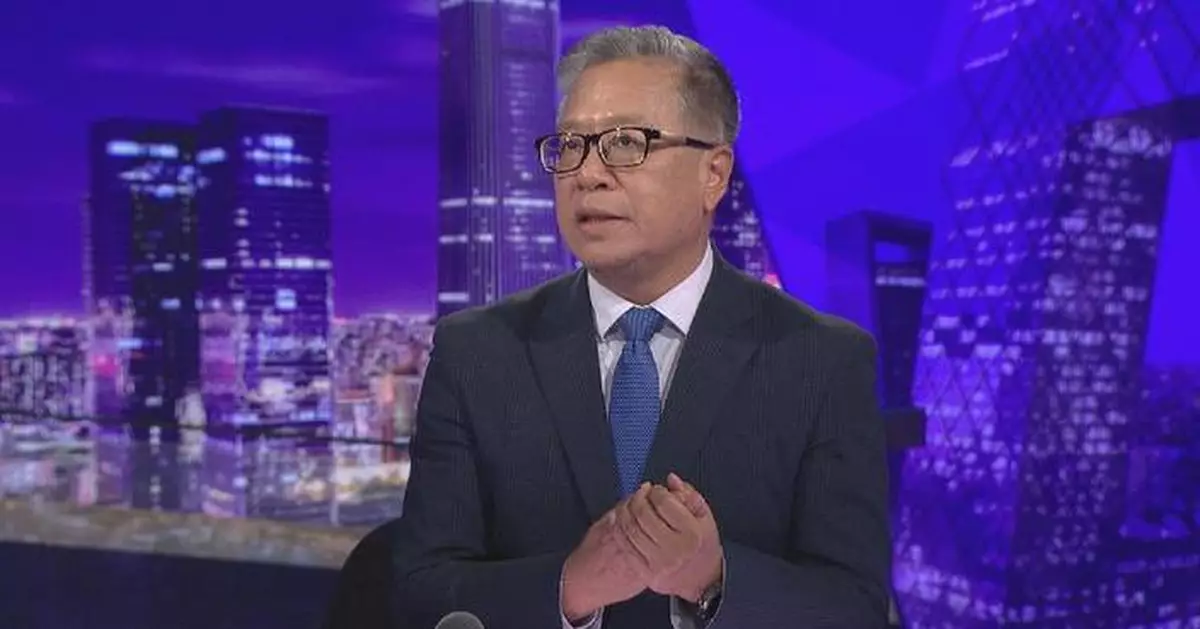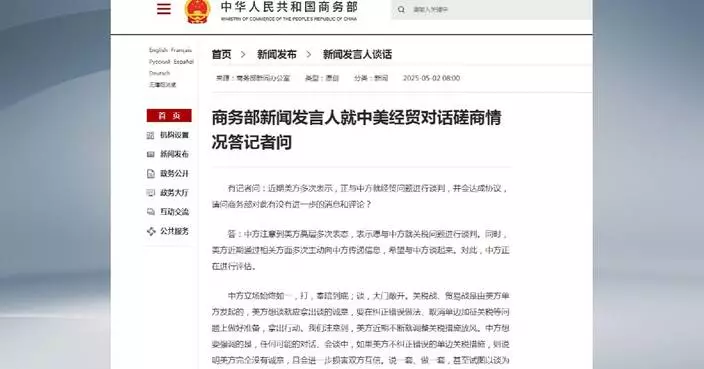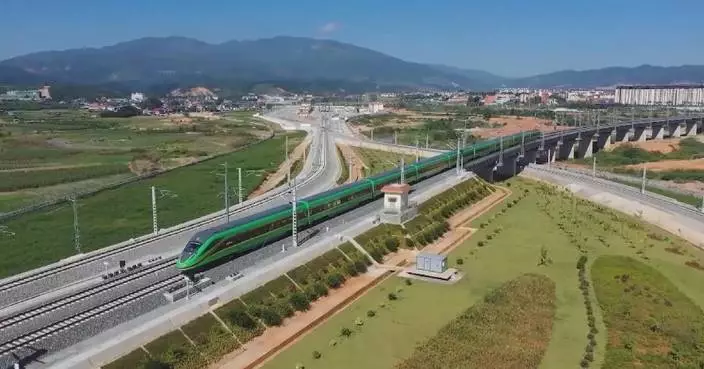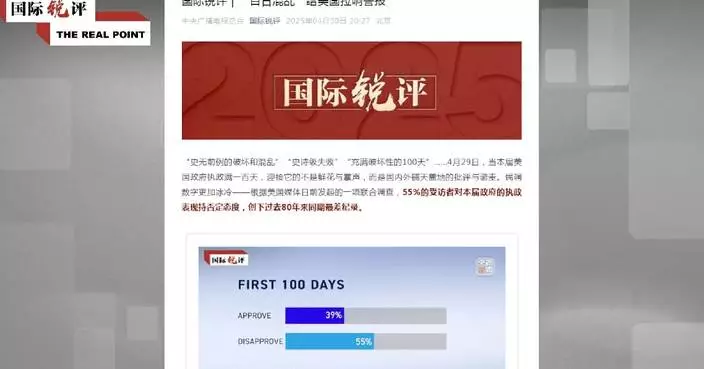The BRICS nations are expected to play important role in reforming the international monetary and financial system, a financial expert said in Beijing on Friday.
The 16th BRICS Summit was held from Tuesday to Thursday in Kazan, Russia. Following the summit, BRICS leaders issued a joint declaration covering a wide range of issues.
In the declaration, the BRICS countries called for the reform of the Bretton Woods system to enhance the representation of emerging markets and developing countries.
Liu Ge, a senior researcher at Chongyang Institute for Financial Studies of the Renmin University of China, emphasized the necessity for reform to meet the needs of more countries.
"One of the key consensus reached in Kazan among the member countries is that the Bretton Woods system, which dominated the global financial architecture, was relatively lacking in inclusivity and, to some extent, fairness. Therefore, the framework needs reform," said Liu.
The Bretton Woods system, established in 1944, served as a cornerstone of the post-World War II global economic framework.
According to Liu, during that period, the global economy was dominated by Western countries.
"After years of development, the BRICS countries now hold a significantly different position in the global economic landscape compared to the past. The previous framework lacked inclusivity and failed to address the new requirements of these nations. Hence, reform is essential, which starts from the details. The New Development Bank is a beginning in this process," said Liu.
"The New Development Bank is currently engaged in investments across member countries, with a key focus on promoting local currency settlements. For instance, China and Brazil established a framework for local currency settlements in 2023. With the first payment made in Renminbi, this marks a crucial starting point—a small step that holds significant importance for the reform of the entire international financial system," said Liu.
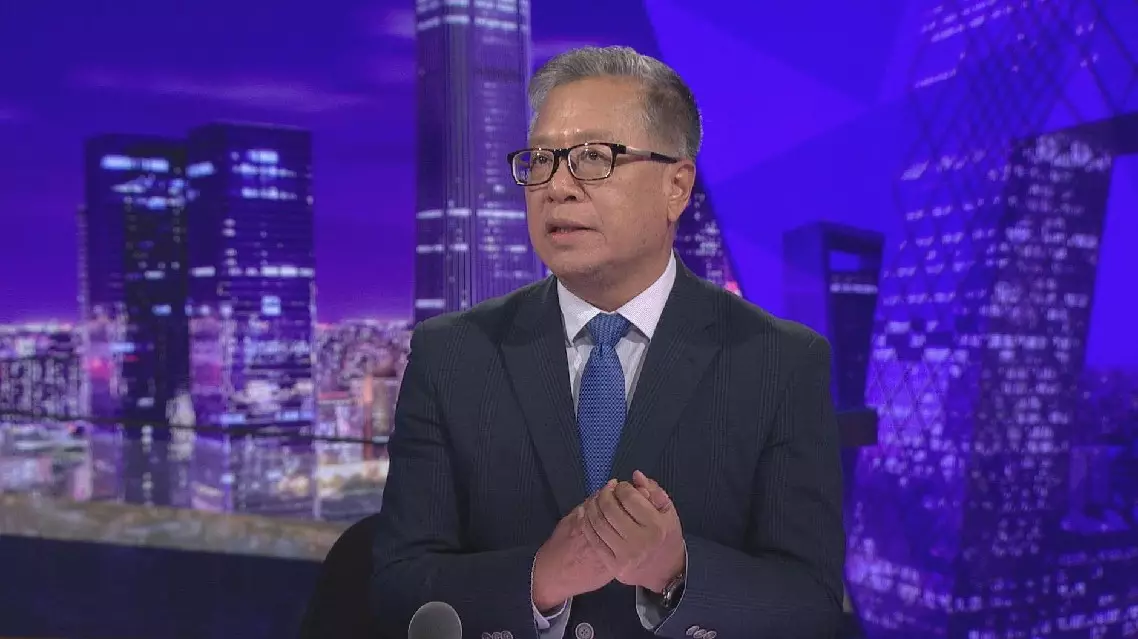
BRICS nations poised to enhance int'l monetary and financial system: expert


